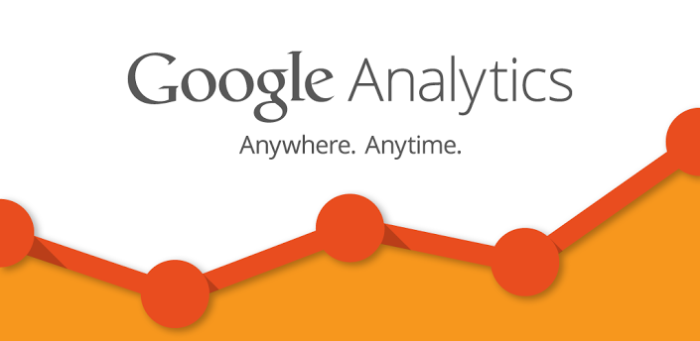
Do you know what you want to achieve with social media? According to recent report by Constant Contact, over 50% of small businesses need help with their social media. While many businesses have a social media presence, many are not engaging on those platforms and thus not meeting any goals. With a little planning, your business can use social media effectively and meet your objectives and goals.
So let’s start with the basics! Why is your company on social media? What are you working towards? What do you hope to achieve with social media? Every brand should have clear goals and objectives that its social media activity is trying to achieve.
If you’re unsure on how to define your goals, take a look at some of these common social media objectives:
- Increase the overall traffic to my company’s website.
- Increase your sales through lead generation and product promotion.
- Attract new customers and connect with potential clients.
- Generate awareness and increase word of mouth marketing.
- Showcase my company’s products and services to fans and potential customers.
- Increase your search engine optimization (SEO) results.
- Put your business in front of your clients and customers.
- Build loyalty and deepen relationships with your followers and customers.
- Add another outlet to showcase and highlight the services you offer.

Important Questions to Ask
Before you define your social media objective and goals, you need to ask yourself some important questions about your business. These questions will help to set a foundation on how your strategy should be structured.
Who are you talking to?
Creating a social media presence means you are building a fanbase. Followers, Fans, Members, they’re your audience and you want them to participate, share and engage with your shared content. By doing this will increase your reach through word of mouth marketing. It’s helpful to create a painted picture of your ideal audience.
What should I talk about on social media?
Social media is kind of like being at a party or event. Now picture yourself at this event, do you find yourself drawn to people who only talk about themselves? Probably not. Use this idea of a “party” when speaking to your audience. Ask yourself, why will these people want to connect with my material?
What’s in it for them?
People tend connect with businesses on social media because they will get something out of it. Perhaps, it’s a discount, special savings, exclusive content, entertainment or even education that helps their own agenda. Whatever the reason maybe, it’s not about you. So, give your audience what they want. Keep your audience in mind with every piece of material that is created.
 Did you know that effective search engine optimization (SEO) techniques can significantly increase your website’s ranking? That means more visitors to your site! Today, the only thing more important than having a website is ensuring that your site is visible and currently reaching potential customers. Google Analytics has been proven to be an excellent tool for monitoring the progress and the performance of your website.
Did you know that effective search engine optimization (SEO) techniques can significantly increase your website’s ranking? That means more visitors to your site! Today, the only thing more important than having a website is ensuring that your site is visible and currently reaching potential customers. Google Analytics has been proven to be an excellent tool for monitoring the progress and the performance of your website.